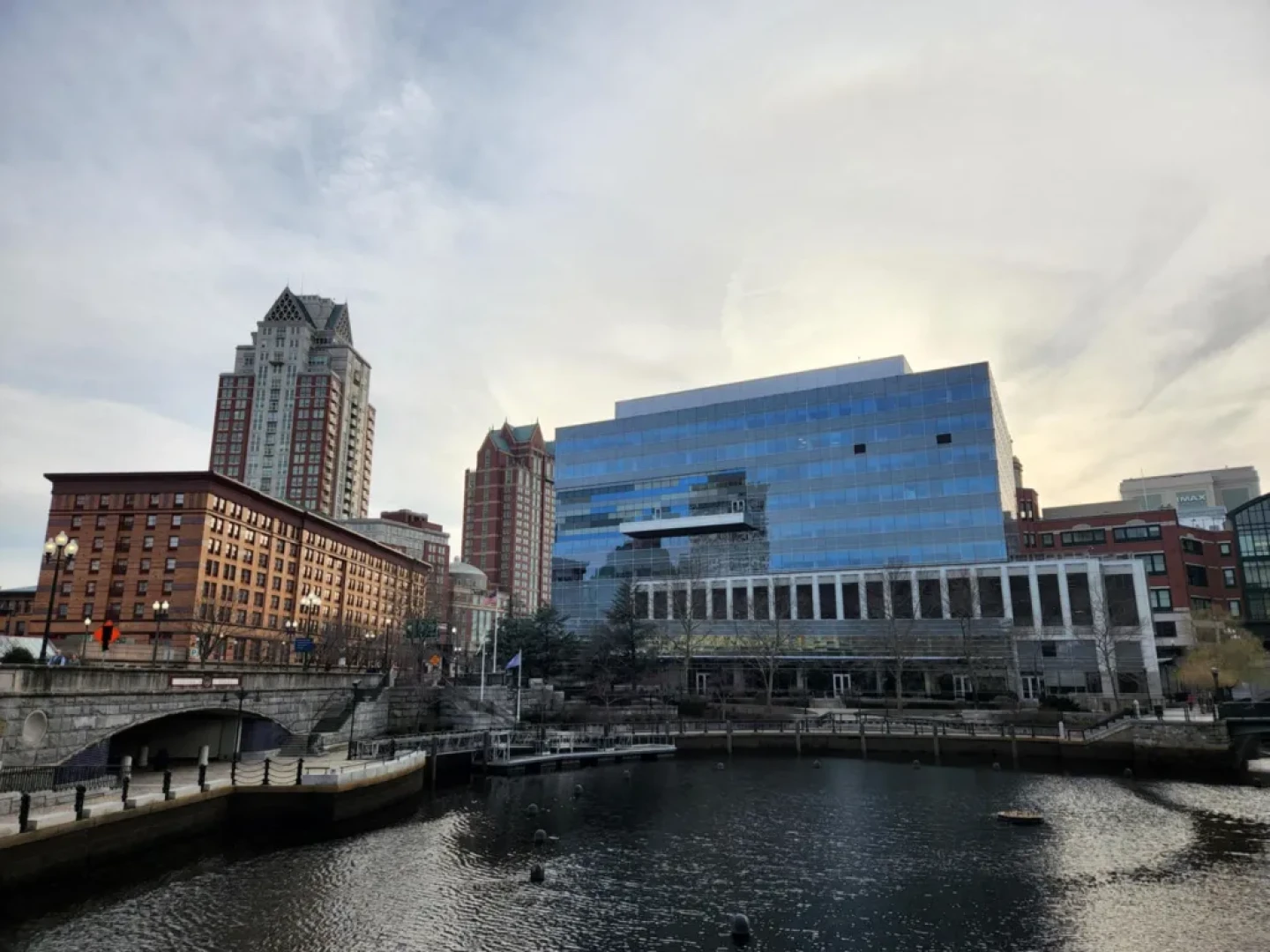Providence, like many cities across the country, has seen office spaces emptying out, as some companies are downsizing and moving towards hybrid work models. That can have a ripple effect on the city’s economy, including local businesses like restaurants and shops. What is Providence doing to avoid falling into the so-called doom loop that is plaguing many downtown cores?
Morning host Luis Hernandez spoke with Ted Carr, economic development director for the city of Providence.
Interview highlights
On how to better utilize vacant office space downtown
Ted Carr: We here are spending a fair amount of time with the local owners under the direction of the mayor, for all of us here in the city to look at what opportunities exist about repurposing some of the open space in office buildings. So one of the things that’s underway here is a review to see which buildings are appropriate that may be able to be repurposed where commercial space could be on the lower floors and housing – especially housing affordable units, which is something the city really needs – on the upper floors.
On the prospect of converting downtown office space into housing
Carr: It’s the decision of the owners of the building, but they are organized and we are in favor of it. To put it into perspective, there are 31 buildings here in the downtown area owned by private owners. Not every building is perfect for this kind of change, but many are. So we’re looking at that – the cost of doing business, how to convert them, all of these things. And what role can the public play?
On how to keep brick-and-mortar businesses downtown
Carr: We recruit every day. So we’re talking to companies that have shown an interest here. We are making public infrastructure improvements all over the city. We’re making changes, also, to our zoning. We are streamlining our permitting process here in the city. … We are embracing changes to what’s commonly known as the 8 Law. The 8 Law would benefit housing all over the city. So not only will it help private owners reach their goals and make the conversion more affordable in the downtown area, but it changes things like lot size and the ability of development to happen all around the city. This is part of our ten-year comprehensive plan that we’re doing with the state. I would share with you that the city of Providence has a lot of its own property, and so we’re looking at the greatest and best use of our own buildings.
On how the Washington Bridge closure has affected downtown
Carr: We did recently work with the state and the city of East Providence to stand up a small grant program with federal money, where we provided grants between $500 and $2,500 to local businesses who are affected by the closing of the bridge. Very appropriate use. We had over 700 small business applicants from the city of Providence. We are awarding those grants. … That bridge ends over at India Point with us. We’re interested in making things better for the community over there.
This interview was conducted by The Public’s Radio.







